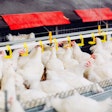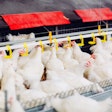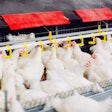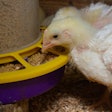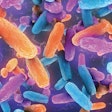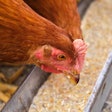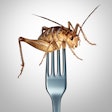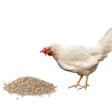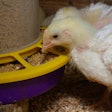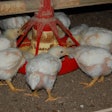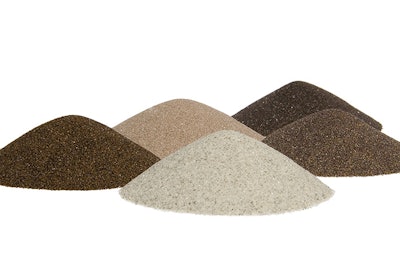
A new international cooperation has been created to develop and establish guidance concerning new animal feed ingredients and new uses for existing feed ingredients.
The International Cooperation for Convergence of Technical Requirements for the Assessment of Feed Ingredients (ICCF) was launched by animal feed and feed ingredient associations from Canada, the European Union and the United States including the Canadian Food Inspection Agency (CFIA), the European Commission (DG SANTE), the U.S. Food and Drug Administration (FDA), the American Feed Industry Association (AFIA), the Animal Nutrition Association of Canada (ANAC), the EU Association of Specialty Feed Ingredients and their Mixtures (FEFANA) and the International Feed Industry Federation (IFIF).
“The ICCF is the result of a concerted effort to bring together feed regulators and industry feed associations to work together to develop common guidance documents for technical requirements needed in the assessment of feed ingredients,” said ICCF Chair Melissa Dumont.
The ICCF Steering Committee will define the priorities and activities of the project. ICCF expert working groups will develop specific technical guidance documents.
“This will benefit not only the three regions covered, as the guidance documents will be made available for reference and use by other jurisdictions around the globe,” Dumont said. “This initiative will also help to facilitate free and fair trade of feed ingredients as well as support the feed and food chain as it works to safely and sustainably meet the global growing demand for animal protein.”
The ICCF builds on the work of the IFIF’s report, “Comparison of Regulatory Management of Authorized Ingredients, Approval Processes, and Risk-Assessment Procedures for Feed Ingredients,” which covered synergies and gaps for product approvals in Brazil, Canada, China, EU, Japan, South Africa and the U.S. The report was drafted based on expert input and supported by government feed regulators and feed and feed ingredients associations in the seven regions covered.
Previous report on asynchronous biotech approvals
Last year, a report found that disparities in regulations between countries that import and export biotech crops is a “significant and growing impediment to trade.”
The Council for Agricultural Science and Technology (CAST) in Ames, Iowa, conducted a literature review and report that looked at problems caused by asynchronous approvals for biotech crops. The review’s authors say the trade problems they cite are of particular concern in the European Union and China.
Biotech crops are strictly regulated around the world, and regulatory approaches differ from one country to another. The time required to review and approve biotech crops varies significantly too, and regulatory review times for new biotech have increased in key countries. CAST says biotech approvals have become more asynchronous in recent years, leading to a situation where new biotech crops are approved in one country but not authorized for use in others.








